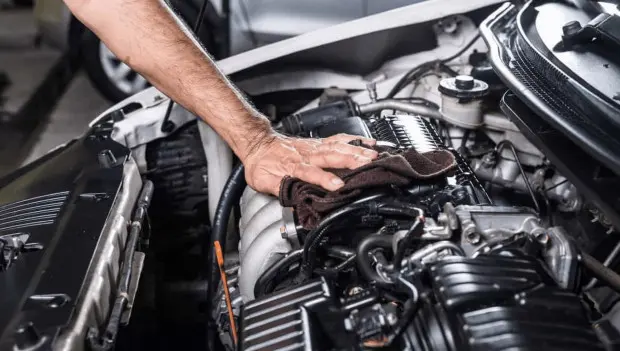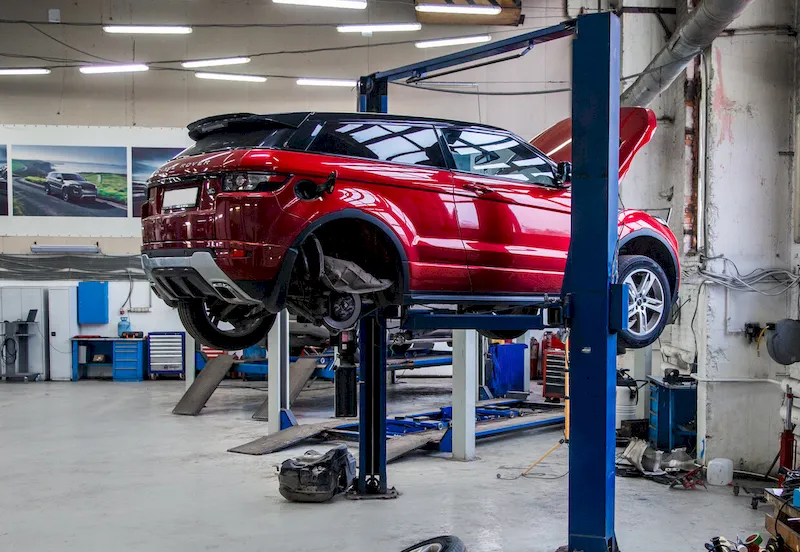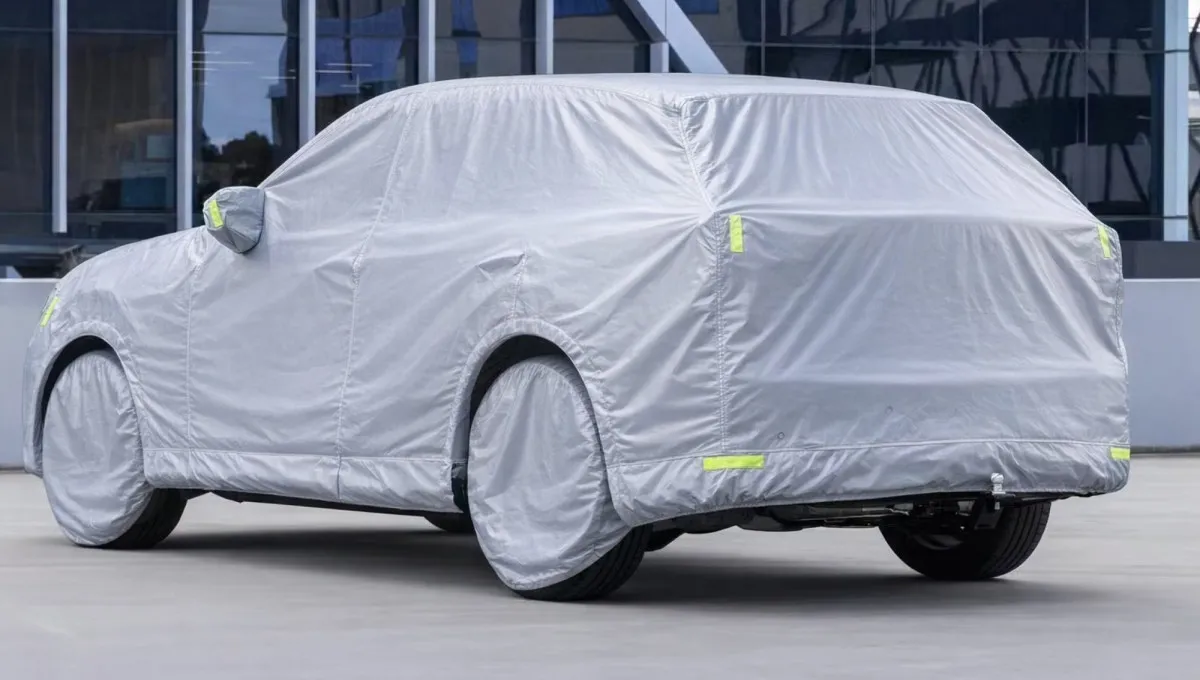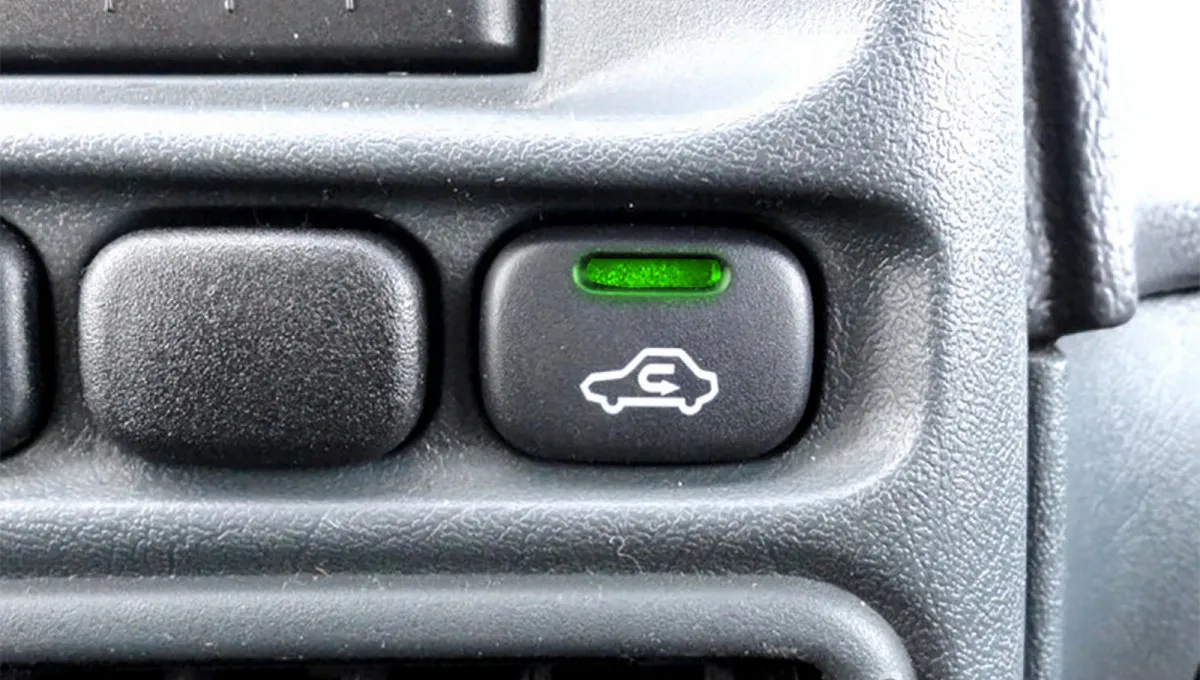Car Humming, Knocking, or Crunching? What Those Sounds Really Mean
Clicks, crunches, and squeals could be warning signs of suspension or engine trouble.

Any unexpected sound coming from your car should get your attention. Even a faint knock, whistle, or hum might signal the early stages of a mechanical issue that could turn into a costly repair if ignored. Catching problems by sound alone can save not just your car—but also your safety.
When something in your vehicle begins to fail, it usually “speaks up.” That sound is often the first clue a mechanic needs to diagnose the issue. Skilled technicians can often pinpoint the problem just by listening carefully.
For example, if you notice knocking or clunking noises while driving over bumps, the cause might be worn bushings, shocks, or ball joints. These shouldn’t be ignored—suspension damage can make your car unstable on the road.

Here’s a quick guide to common car noises and what they usually mean:
-
Knocking over bumps: Worn bushings, ball joints, or shocks. Leads to poor handling and faster tire wear.
-
Humming that changes with speed: Failing wheel bearings. May cause a wheel to seize.
-
Tapping from the engine: Faulty hydraulic lifters affecting valve operation.
-
Clicking when turning: Worn CV joints, which can cause loss of drive or even wheel detachment.
-
Squealing when braking: Worn brake pads, meaning longer stopping distances.
-
Grinding when shifting gears (manual): Worn transmission synchronizers, which could lead to gearbox damage.
-
Whining or rattling on startup: Worn timing chain or belt tensioners, which can cause timing failure or chain slip.
Not every sound means disaster. Sometimes noise can be caused by humidity, cold weather, or even the type of tires you use. But if you notice any of the following, it’s time to take it seriously:
-
The sound keeps getting louder.
-
It changes with your speed or how hard the car is working.
-
It started after a repair or part replacement.
-
It comes with vibration, smell, or smoke.
If even one of these matches your situation, schedule a diagnostic check as soon as possible.
The exhaust system also deserves special attention. A louder exhaust note, metallic rattling, or a whiff of exhaust fumes inside the cabin can be a red flag. Ignoring these could lead to overheated valves or a damaged catalytic converter. Likewise, dull knocks from a cold engine might point to low oil levels or serious crankshaft wear.
Some drivers are relieved when a strange noise disappears, thinking the problem has “fixed itself.” Unfortunately, that’s rarely true. Many issues come and go before getting worse. For instance, a worn bearing might hum only at certain speeds or temperatures. If the noise vanishes and then returns, that’s not a coincidence—it’s a warning.
Your best defense is awareness and routine maintenance. Even if a sound seems minor, a quick check by a qualified mechanic can confirm whether it’s harmless—or the start of something serious. Don’t wait until your car breaks down completely. Preventive care keeps both you and your vehicle safe on the road.
You may also be interested in the news:

There Are Better Options: Experts Name 6 SUVs to Avoid
Specialists criticized these new SUVs for several notable flaws.

Don’t Press This Button in the Rain — Here’s What Happens
Many drivers aren’t entirely sure what this button in their car actually does.

How to Keep Leather Car Seats From Cracking: The Costly Mistakes I Learned the Hard Way
Among car owners who obsess over keeping their interiors spotless, one very common mistake can quietly ruin leather seats.

Are EVs Really More Reliable? Owners Are Complaining Less About Their Electric Cars
Analysts take a closer look at how satisfied electric vehicle owners are — and which models rank highest.

Drivers’ Horoscope for the Week of February 24–March 1: All Zodiac Signs
This week unfolds under the influence of retrograde Mars, which lasts through March 25.